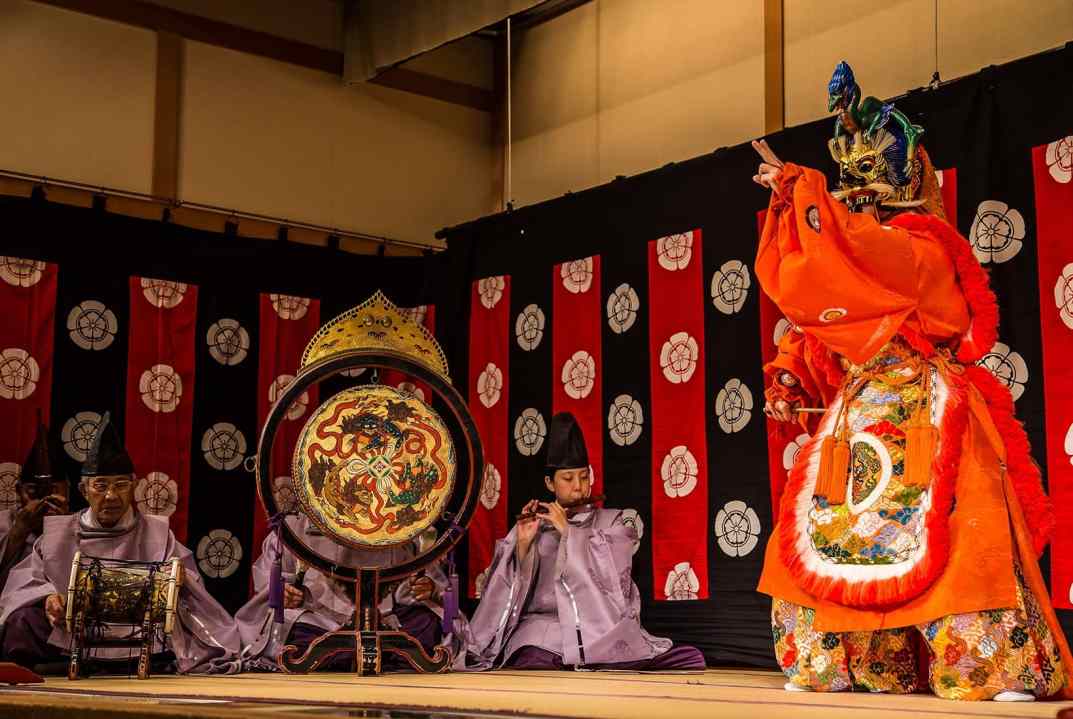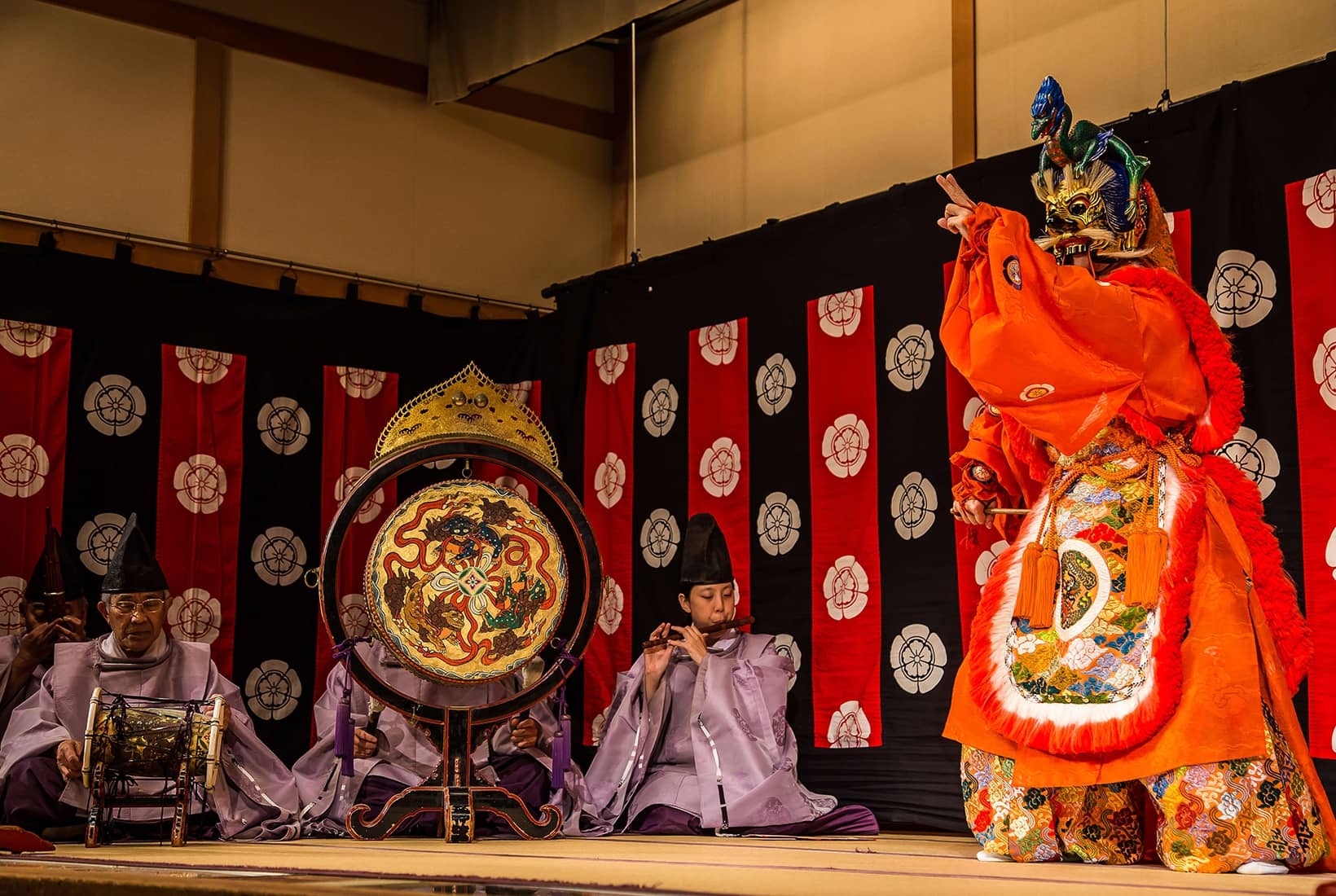The blurb accompanying the Radio 3 series World of Classical, inviting us to ‘join the dots between classical music traditions of the world’, suggests an introduction to the field of comparative musicology. Such a noble venture – searching for commonalities in melodies, ornamentation, rhythms, use of instruments, vocal styles and techniques and so on – would once have been a vital part of Radio 3’s continued adherence to the Reithian ideals of informing and educating as well as entertaining. Jon Silpayamanant’s series however resembles more a series of episodes of Late Junction, married to a moralising and historically unbalanced commentary.
Music is used to illustrate a particular view of world history from around the 8th century until the early 20th. The variety is huge: from Georgia’s keening but static polyphonic rendition of the Lord’s Prayer, through to the austere but highly intricate and inventive counterpoint of Guillaume de Machaut’s La Messe de Nostre Dame, the amorphous, unanchored and intimate sliding pitches of Japanese gagaku, to the combination of Arabic-like singing with rhythmically charged accompaniment from the Ikhwani Safaa Musical Club of Zanzibar.

Get Britain's best politics newsletters
Register to get The Spectator's insight and opinion straight to your inbox. You can then read two free articles each week.
Already a subscriber? Log in







Comments
Join the debate for just £1 a month
Be part of the conversation with other Spectator readers by getting your first three months for £3.
UNLOCK ACCESS Just £1 a monthAlready a subscriber? Log in